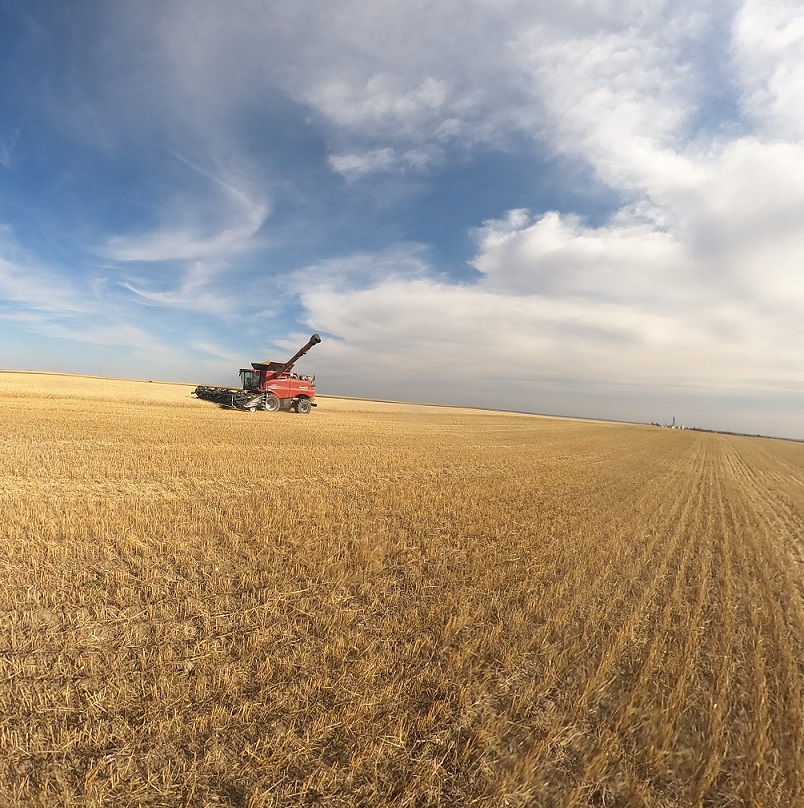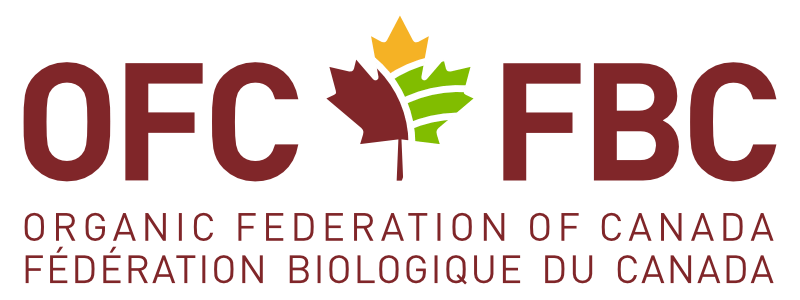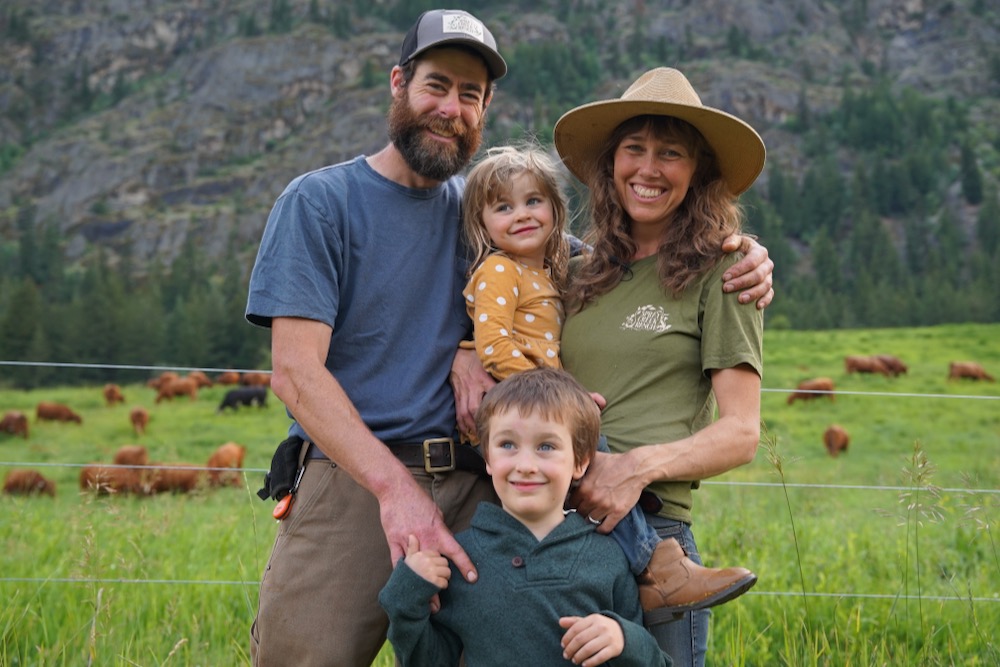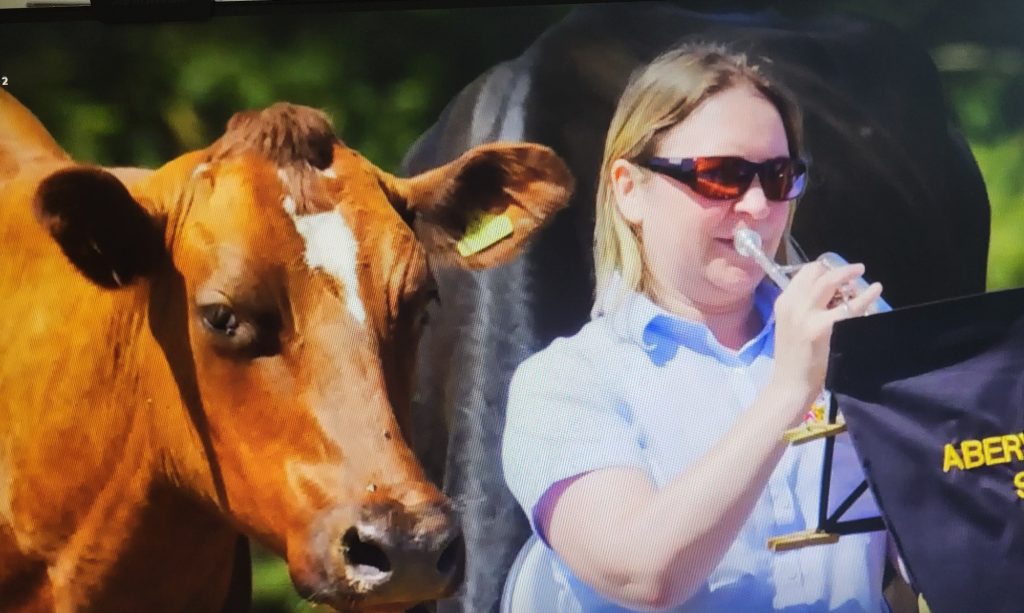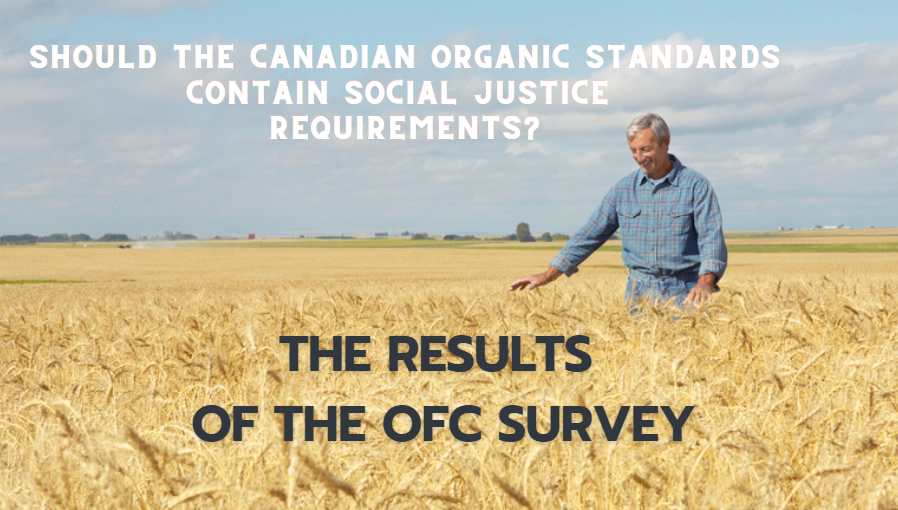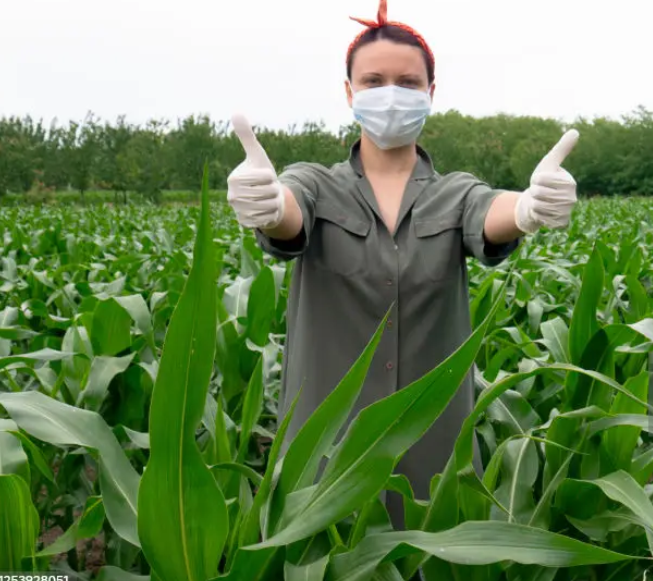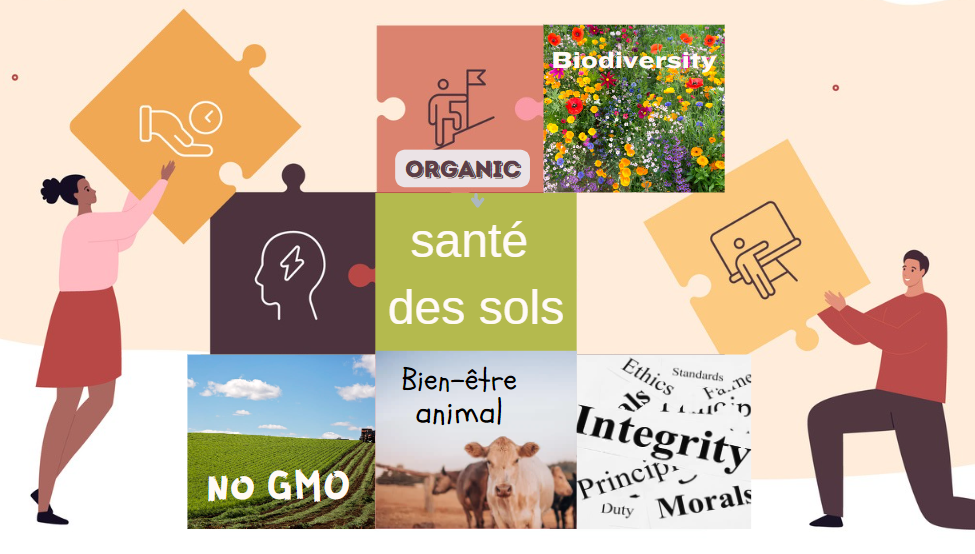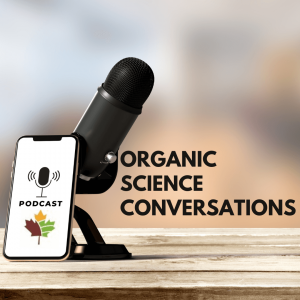

Prairie Heritage Seeds Organics are one of the pioneering organic grain producers in Western Canada. The family business has deep roots in organics, having grown chemical-free grain since the early 80’s, long before the Canadian Organic Regime came into fruition. The Organic Federation of Canada spoke with Alex and Janet Galarneau, co-owners of the multi-generational company that has helped shape the organic grain industry. Prairie Heritage Seeds helps to support Organic Science Cluster 3 Activity 22, Biological control and management of Fusarium head blight and associated diseases in organic grain production.
The Galarneau family began growing chemical-free grain on their farm at a time when organic certification was yet to be formally established in Canada. In 1987, Galarneau and four other farmers were the first to initiate the Saskatchewan chapter of the Organic Crop Improvement Association (OCIA), an international certification agency, which became the first OCIA chapter in Western Canada. In the mid-90’s the Galarneau family formed Prairie Heritage Seeds and began selling organic grain to an increasingly demanding market. Demand for their product was higher than their supply was able to meet, so the company began to contract other local growers in the community, expanding their exports to international markets. Now, Prairie Heritage Seeds manages 60 contract growers and 60 thousand acres. Galarneau notes that the organization acts as an advocate for growers, and ensures they get a fair stake in the industry.
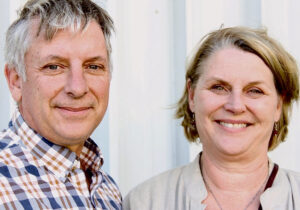
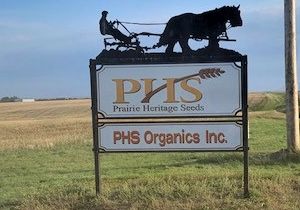
The role of farmer advocate is something that Galarneau takes seriously and says is often a balancing act. The goal is to secure a stable market for growers and to ensure that the farmers are not the ones taking on all of the risks. “We contract the growers, no matter how big or how small,” states Galarneau. “Some farmers, when they have a bad year, [they] can be bankrupt trying to fill those contracts”. Prairie Heritage Seeds consider the full picture when it comes to production and distribution. “Food manufacturers share production risk and farmers share the marketing risk – it’s a project built by farmers for farmers, but also includes the food processors and producers”, says Galarneau.
Their passion for organic growing stemmed naturally from the demand for their product. “We never got into organics and said you have to buy our product”, Galarneau notes. ”It was consumer driven.” He notes that there has always been a demand for organic products, and that there is a public misconception that farmers are the ones pushing it onto consumers. He reminisces about the early days, stating: “Traditional agriculture has no idea who their buyers will be. For organic, people came to us and asked how much it would cost to produce a product with no chemicals”.
Supporting organic research was another natural fit for Prairie Heritage Seeds. The Organic Science Cluster 3 Activity 22 focuses on the development of biocontrol agents (BCAs) to help manage Fusarium head blight in cereals and root rot in pulses, both exceptionally damaging diseases in grain crop production. Galarneau notes that for organic farmers, the toolbox for fighting these diseases is limited. Activity 22 research is being conducted in two main locations, Ontario and Saskatchewan. In Ontario the research is led by Professor Manish Raizada of Guelph University. In Saskatchewan, Dr. Myriam Fernandez leads the research through Agriculture and Agri-Food Canada. As a producer with a stake in the research being conducted, Galarneau has been familiar with the work of Dr. Fernandez in the past, taking opportunities to attend seminars and workshops where they knew she would be. When they faced their own issues with Fusariam head blight, Dr. Fernandez approached them and asked if they wanted to be involved. “Fusarium has a significant impact on yield, so finding a way to mitigate that is hugely beneficial to farmers” Galarneau notes. They contribute financially, and also help to collect data and samples, making them a valuable addition to the research being conducted. Galarneau notes that BCAs are a new tool for these farmers, and their successful development would have a considerable impact on both organic and conventional grain producers alike.
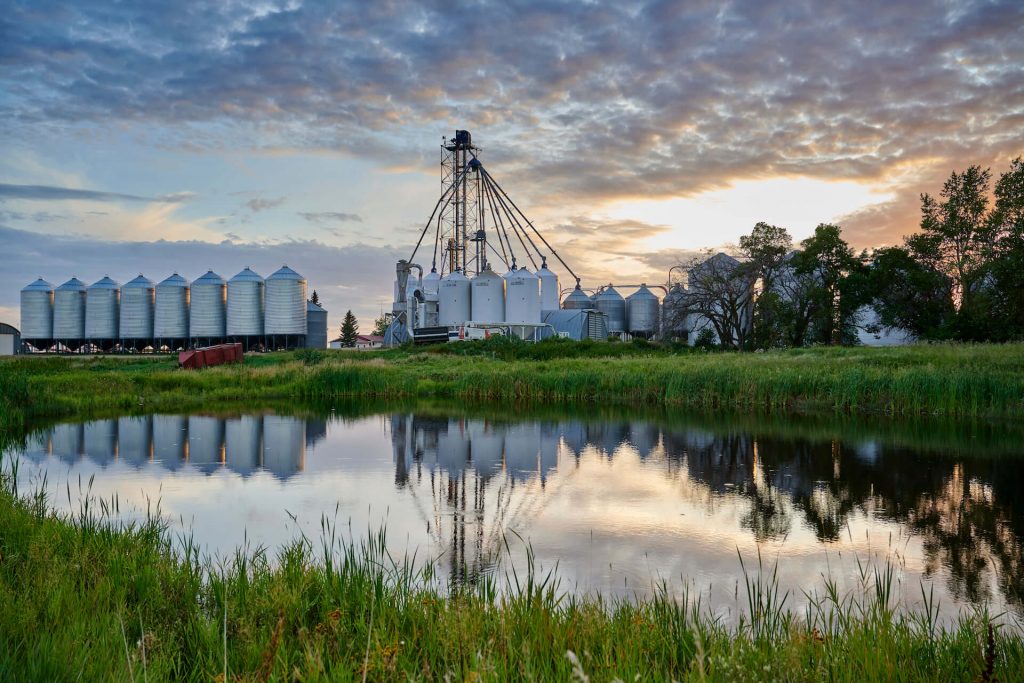
Activity 22 research on biocontrol agents (BCAs) for the control of Fusarium head blight and root rot have been progressing in a promising way. As of 2021, the research has identified two BCA candidates that have been successful at inhibiting Aphanomyces euteiches in the lab, the pathogen that causes root rot in crops. Organic field crop trials have been similarly promising, leading researchers to identify other BCA candidates that indicate potential for controlling F. avenaceum and F. graminearum, two prevalent strains of Fusarium head blight. This research is ongoing, although changing climatic conditions such as drought and restrictions due to COVID-19 have made progress challenging at times.
Prairie Heritage Seeds have been instrumental in aiding one of the research objectives, which is to determine the association of organic management practices that affect Fusarium head blight. The company has collected hundreds of samples each year, supplying detailed information on both cropping history and crop management for each area in order to allow researchers to associate disease indicators with various production factors. They confirm that the link between organic research and organic production is essential. Information for organic farmers is limited, with fewer players in the game when compared to conventional production. By supporting research initiatives such as Activity 22, Prairie Heritage Seeds is helping to produce pest control methods that address both food safety and environmental concerns which also result in decreased input costs, helping to encourage a production system that is truly sustainable.
Galarneau is assured that organic production will constantly be in demand. “There are wonderful opportunities in the organic sphere for growers to get as close as they can to the consumers, that should always be their goal”, Galarneau says. “As these relationships grow we should see these markets expand. We are entering into more challenging times with rising commodity prices, and organic seems to just ride the wave for those who are willing to stick with it.”
To learn more about Prairie Heritage Seeds Organics, visit http://phsorganics.com. More information on Activity 22, Biological control and management of Fusarium head blight and associated diseases in organic grain production can be found here. The research of the Organic Science Clusters would not be possible without the generous contributions from our supporting industry partners!
